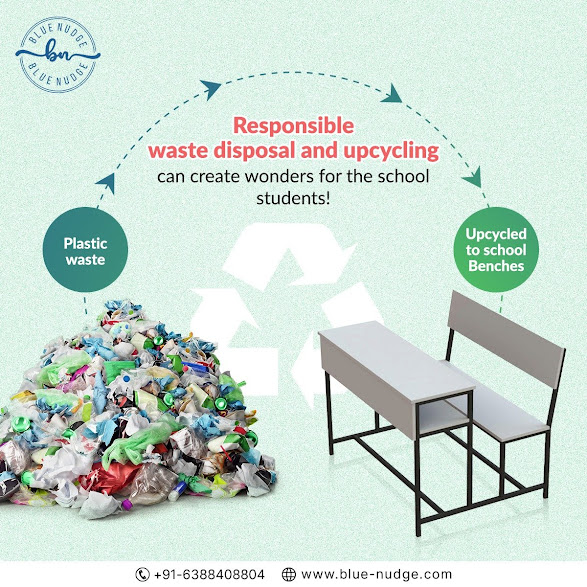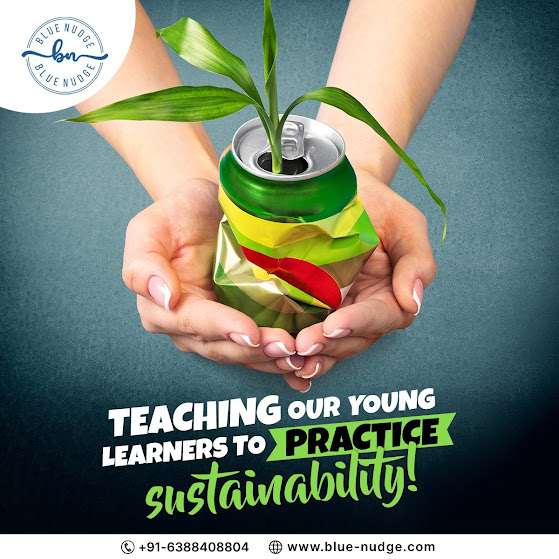Importance of Waste Recycling for Smart Waste Management
Disposing garbage in a way that has very little or no negative impact on the surrounding environment is known as "smart waste management." It is the most efficient method of garbage disposal. The process of collecting and disposing of garbage under smart waste management has been heavily updated and refined. This system is relatively advanced as it recycles trash and ensures that they are disposed of appropriately. It is impossible to emphasise the part that recycling plays in responsible waste recycling. It is possible to turn many different compounds, including those that take years to degrade or that, when burned, emit harmful gases into the environment, known as greenhouse gases, into new substances that may be put to beneficial use. The following are some examples of such materials:
Materials that can be brought into use via Smart Waste Recycling
Rubber:
In the past, most used rubber was disposed of by burning it. This technique has been outlawed in most nations to reduce atmospheric pollution. Rubber plants are known for their extensive use of internal recycling practices. The material that has been recycled may be used in items that do not call for high-quality rubber. Swings manufactured from used tires may be installed in children's playgrounds as playground equipment, and shredded rubber can be used as an additive in asphalt pavements. Both of these uses can be accomplished by recycling tires.
Paper:
Paper is one of the most significant elements that may be found in the garbage. It is responsible for more than a third of all of the waste items that are thrown away in landfills. Newspaper, office papers, computer paper, coloured paper, paper tissues and towels, boxboard (cereal and other small boxes), corrugated cardboards, and other types of cardboards are the primary sources of waste paper. Newspapers and cardboard both have the potential to be repulsed and transformed into new products. The remainder of the waste paper is recycled and utilized in low-grade manufacturing materials such as boxboards, paper tissues and towels, and so on. Paper that has been recycled may be processed into cellulose insulation and other construction components, even in much smaller quantities.
Glass:
Glass constitutes around 6% of the material that is found in municipal garbage when measured by weight. Glass is a material that may be recycled straightforwardly. The usage of glass containers is widespread around the globe, yet a significant portion of this material is not yet recycled. When it comes to recycling glass, one of the challenges is separating it from the other trash.
Plastics:
They make up around 10% by weight of all the garbage generated in municipalities. It is possible to reform it into new goods by remelting it. Metals, wood, and other materials are also among those that may be recycled.
Several Positive Aspects of Recycling
• It results in less garbage being sent to landfills and incinerators.
• It helps preserve natural resources like wood and water and prevents pollution.
• Helps to save energy.
Conclusion
In a nutshell, recycling is the process of recovering and reprocessing waste materials into new goods. The critical steps in recycling include collecting waste materials, sorting the accumulated garbage, and then either processing the sorted waste or making new goods from the collected waste. Cans made of aluminum and steel, glass bottles, paper, wood, and plastics are some examples of materials that may be recycled. Other examples include scrap iron and steel.
Most manufacturing businesses may use recovered waste products as replacements for the raw resources they need. The amount of solid waste dumped in landfills may be reduced through waste management recycling, which helps save money as the cost of garbage disposal continues to rise. Recycling helps cut down on the air, water, and land pollution produced by improper garbage disposal. Blue Nudge teaches everyone the importance of waste recycling and becoming more responsible toward the environment. So, connect with their experts and learn more ways to use efficiently use the resources and take your baby steps to reserve the planet.



Comments
Post a Comment